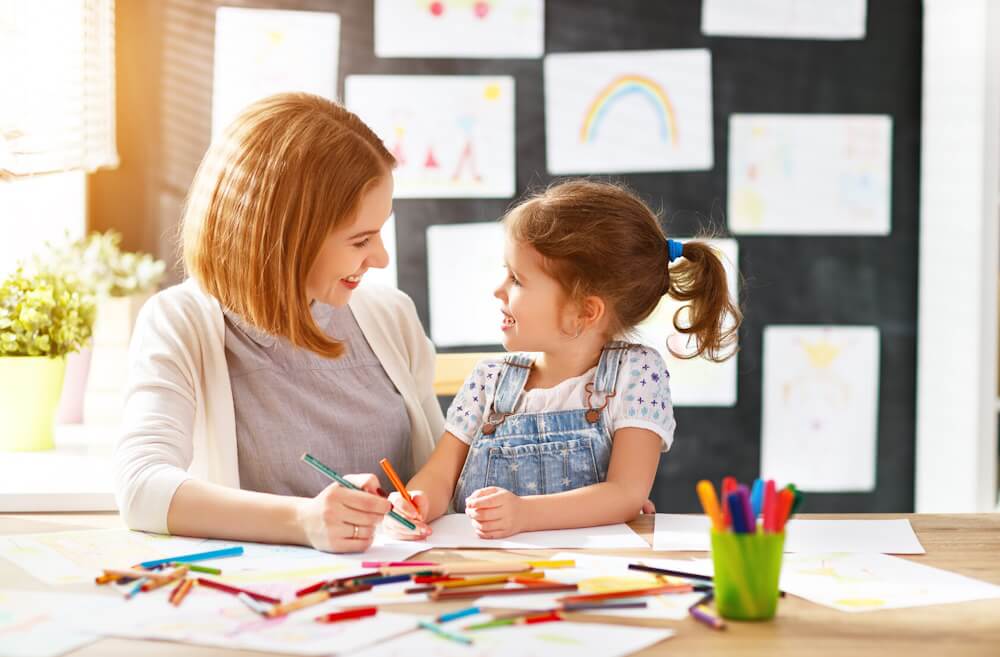Preschoolers are special people, so they need a special approach. Children under the age of 6-7 are very active, restless and inquisitive. Let's tell you how individualized instruction helps preschoolers learn better.
It is all a matter of age peculiarities. We would like to note separately: in a group such children are also very successful, because teachers know how to find an approach to them. But it is much easier to be successful with individualized instruction. And here's why.
Can't concentrate for long periods of time. It is difficult for preschoolers to keep their attention on one subject or activity for a long time. In a group, you have to adjust to the others, and in one-on-one sessions, the teacher adjusts to the child.
Children develop unevenly mentally and intellectually. In group classes, this causes some students to grasp the material quickly and become bored, while others, on the contrary, need to repeat it. In individual lessons, the teacher follows the child's pace, which increases the effectiveness of learning.
They tire quickly. The teacher, knowing this peculiarity, thinks over the course of the lesson so that the child is always interested and the types of activities alternate.
Easily distracted. Any sound outside the window can already distract the preschooler from the lessons. The advantage of individual training is that the teacher will immediately notice and correct it. For example, he or she will interest the child with a presentation or offer to stretch.
Can't always figure out what they need to do. In a group, a child may stop doing something altogether because of this. But in individual lessons, the teacher will not let this happen. He will repeat the instruction in different words and everyone will be fine.
Inquisitive. Children love everything new, so in individual lessons it is easier for the teacher to adjust to children's interests and answer questions, pay more attention to the most relevant topics.
With low self-control. It is difficult for children to be collected and sit still. Therefore, the teacher's role is to keep control: offer different activities, games, ask questions, alternate activities.
With involuntary attention and memory. Therefore, in a group session, children may be distracted and may not memorize the material well. In individual lessons, it is easier for the teacher to adjust to these characteristics and remove all distractions.
During individual lessons, the teacher takes into account the child's goals, abilities, fears, personal qualities and peculiarities. Thanks to this, he makes an individual lesson plan, selects such an approach to the child, which will allow to teach the child Russian or mathematics more effectively.
When a child achieves success in individual lessons, he or she knows that he or she is smart. Self-confidence and motivation to move on appears. This positive attitude will help the child to solve more difficult tasks.
Previous article — How to make individual lessons even more effective







